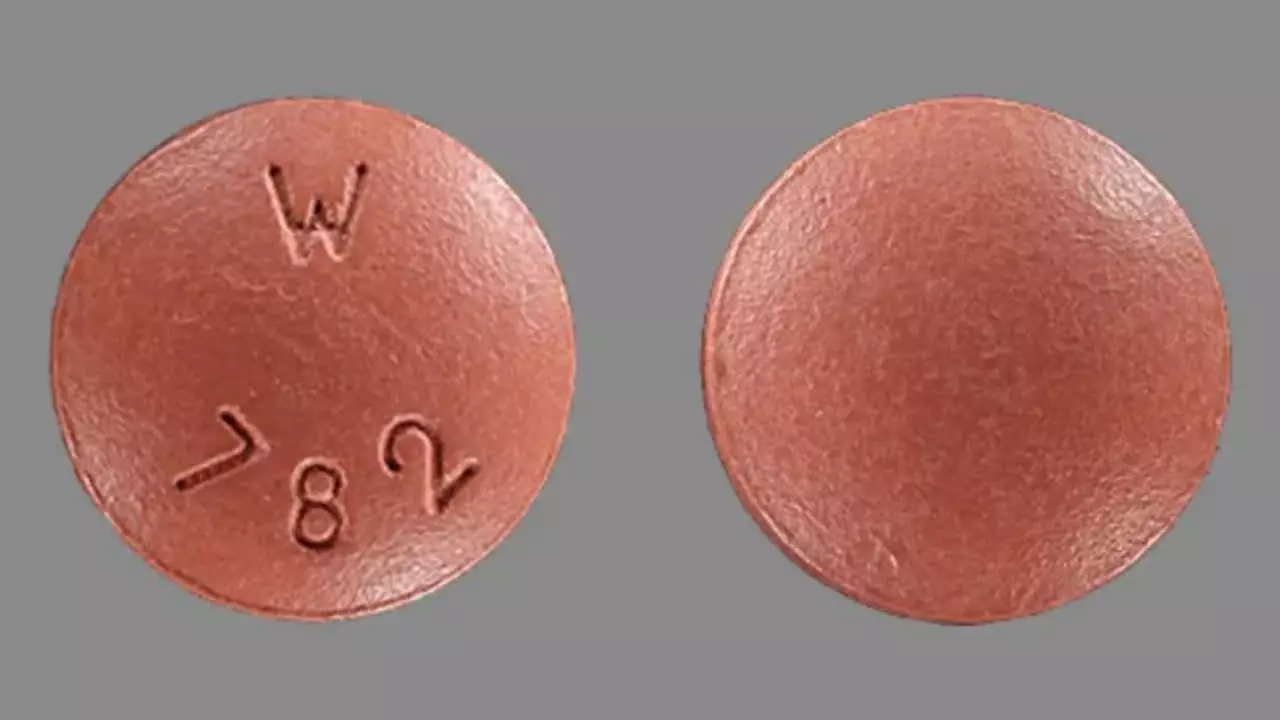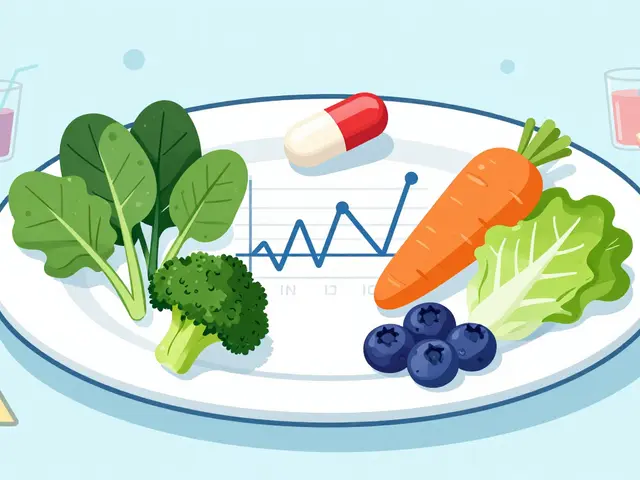Depression: Practical Help, Treatments, and Where to Start
Feeling low, exhausted, or numb for weeks? That might be depression, not just a rough patch. Depression changes how you sleep, eat, think, and get through a day. The good news: there are effective treatments and simple first steps you can take right now.
Spotting real depression — quick signs
Watch for changes that last more than two weeks: low mood most days, loss of interest in things you used to enjoy, big changes in sleep or appetite, trouble concentrating, and persistent fatigue. If you’re having thoughts of harming yourself or planning suicide, call emergency services or a crisis line right away.
If the signs fit, see your GP, a nurse practitioner, or a mental health clinician. They can do a short screening, rule out medical causes (like thyroid problems or medication side effects), and discuss next steps.
Treatment choices that actually help
Treatment usually mixes two big approaches: talking therapies and medication. Cognitive Behavioral Therapy (CBT) and interpersonal therapy are proven to help many people. Talk therapy gives tools to change negative thinking and build better routines.
Medications include SSRIs (like sertraline or escitalopram), SNRIs, and other options such as bupropion (Wellbutrin). Meds can reduce symptoms over weeks, but they can have side effects. Keep an open line with your prescriber and don’t stop abruptly—work out a plan with them.
If one treatment doesn’t work, don’t lose hope. Switching medications, combining therapy and meds, or trying newer options can make a big difference for many people.
Worried about weight changes on meds? We have practical tips on managing appetite, calories, and activity while on antidepressants—small habits can prevent unwanted weight gain and help you feel better overall.
Besides formal treatments, daily habits matter: aim for regular sleep, short walks, small goals, and reaching out to a friend once a day. These won’t replace therapy or meds, but they make treatments work better and lift mood faster.
If you consider buying meds online, use only licensed pharmacies and check for reviews and registration. Our site has guides comparing online pharmacies and advice on buying safely.
For people with complex or severe depression, ask about specialist care: combined therapies, psychiatric review, or treatments like TMS and, in some cases, ECT. These are handled by mental health teams and can be life-changing.
Want a next step right now? Book a GP or telehealth visit, start a mood log for two weeks, and reach out to one trusted person to tell them what’s going on. Small, concrete steps move things forward fast.
Depression can feel isolating, but help works. Use proven treatments, keep your care team informed, and lean on practical daily habits while you get the right support.






